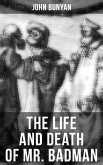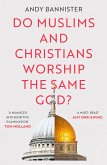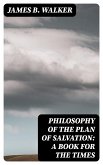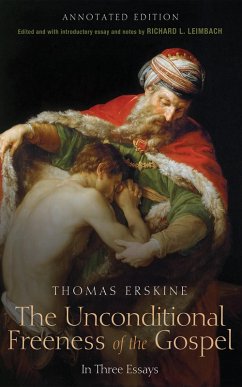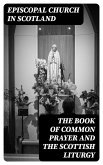In 'The Hope of the Gospel' by George MacDonald, the reader is taken on a profound journey through the core teachings of Christianity intertwined with MacDonald's unique literary style. MacDonald's use of allegory and moral teachings creates a thought-provoking narrative that explores themes of redemption, faith, and the ultimate hope found in the gospel. This work fits within the literary context of 19th-century Christian allegorical literature, influenced by authors such as John Bunyan and C.S. Lewis. Readers will appreciate the rich symbolism and spiritual depth present throughout the book. George MacDonald, a Scottish author and minister, was known for his Christian faith and his ability to weave spiritual truths into his writings. His personal beliefs and experiences undoubtedly influenced the themes present in 'The Hope of the Gospel', making it a deeply personal and impactful work. MacDonald's background in theology and his passion for storytelling shine through in this compelling exploration of faith and hope. 'The Hope of the Gospel' is a must-read for those seeking a deeper understanding of Christian teachings and a renewed sense of hope in the transformative power of the gospel. MacDonald's skillful storytelling and profound insights make this book a timeless classic that continues to inspire readers to seek spiritual truths and embrace the hope found in the Christian message.
Dieser Download kann aus rechtlichen Gründen nur mit Rechnungsadresse in A, B, BG, CY, CZ, D, DK, EW, E, FIN, F, GR, H, IRL, I, LT, L, LR, M, NL, PL, P, R, S, SLO, SK ausgeliefert werden.



